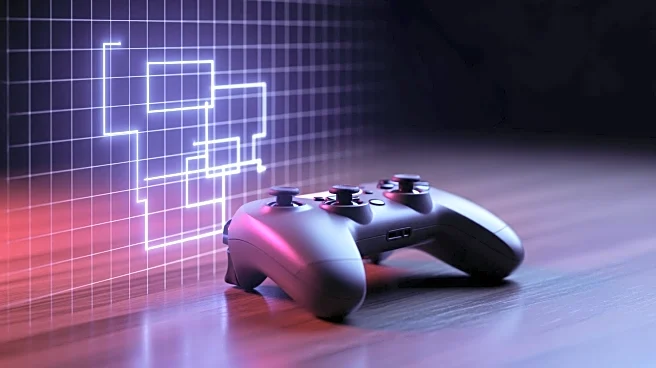What's Happening?
Researchers are exploring the use of ultrasound stimulation as a non-invasive treatment for Major Depressive Disorder (MDD) by targeting the subcallosal cingulate cortex (SCC). The SCC, a limbic structure beneath the corpus callosum, shows hyperactivity in individuals with depression. While deep brain stimulation (DBS) has shown promising results, its invasive nature limits widespread use. Non-invasive alternatives like Transcranial Magnetic Stimulation (TMS) are FDA-approved but primarily target superficial cortical areas, highlighting the need for better alternatives.
Why It's Important?
MDD is a leading cause of disability worldwide, with nearly half of patients not responding to standard treatments, resulting in treatment-resistant depression. The development of non-invasive brain stimulation techniques could provide new hope for these patients. Ultrasound stimulation offers a potential method to directly modulate deep brain structures like the SCC, which could lead to more effective treatments for MDD and other neuropsychiatric disorders.
What's Next?
Further research and clinical trials are needed to evaluate the efficacy and safety of ultrasound stimulation for MDD. If successful, this approach could revolutionize the treatment landscape for depression, offering a non-invasive alternative to current therapies. The development of targeted brain stimulation techniques may also pave the way for new treatments for other mental health disorders.









